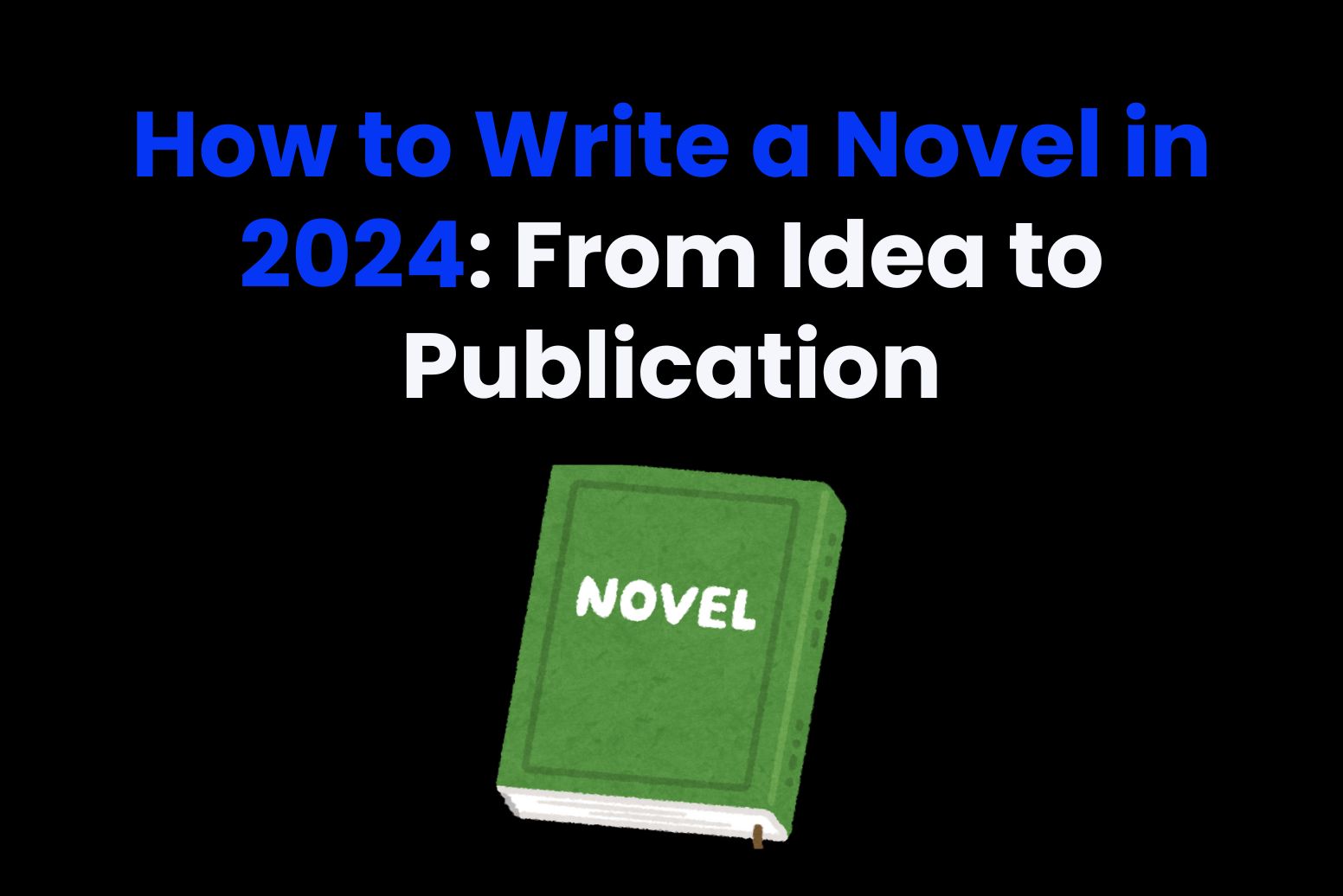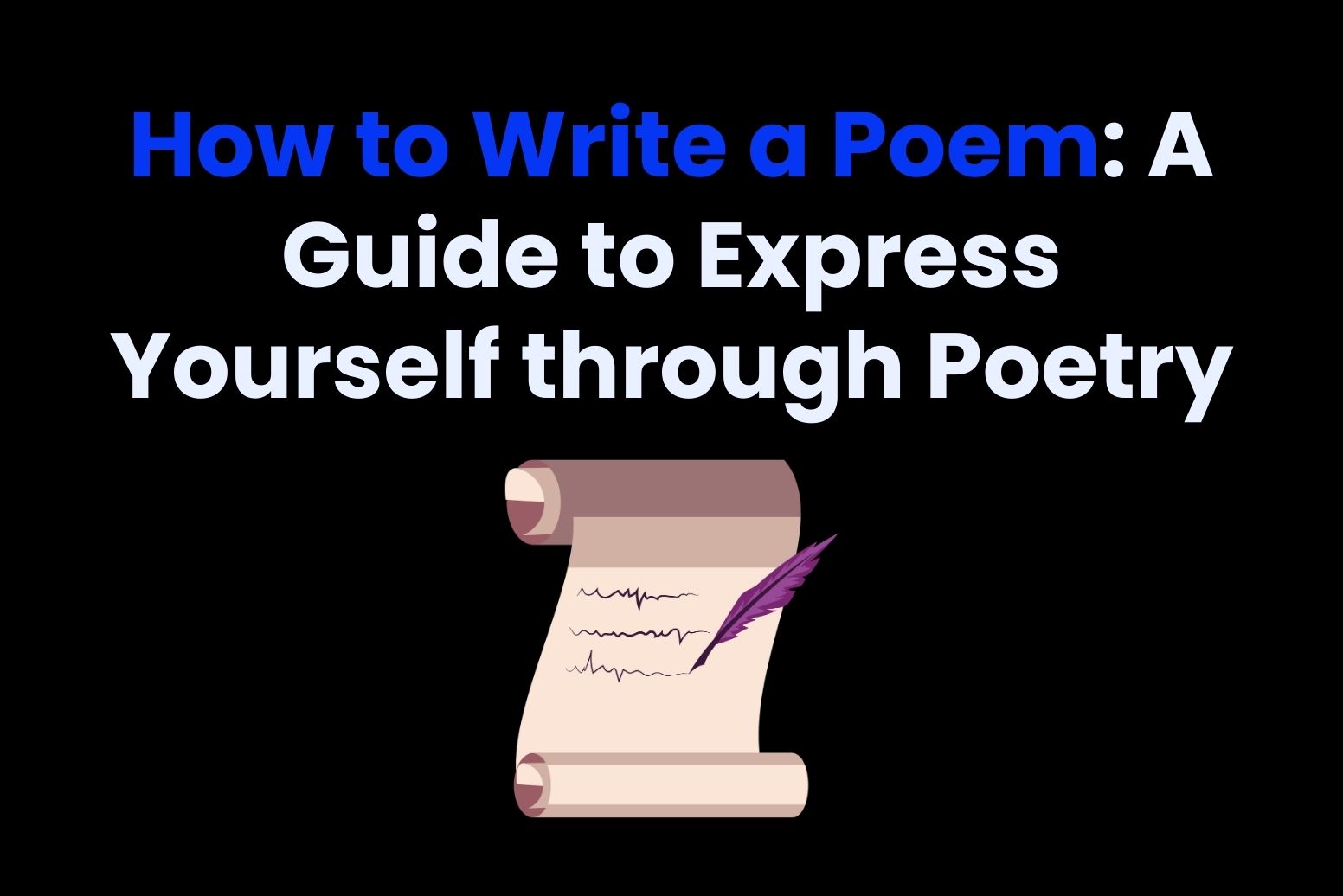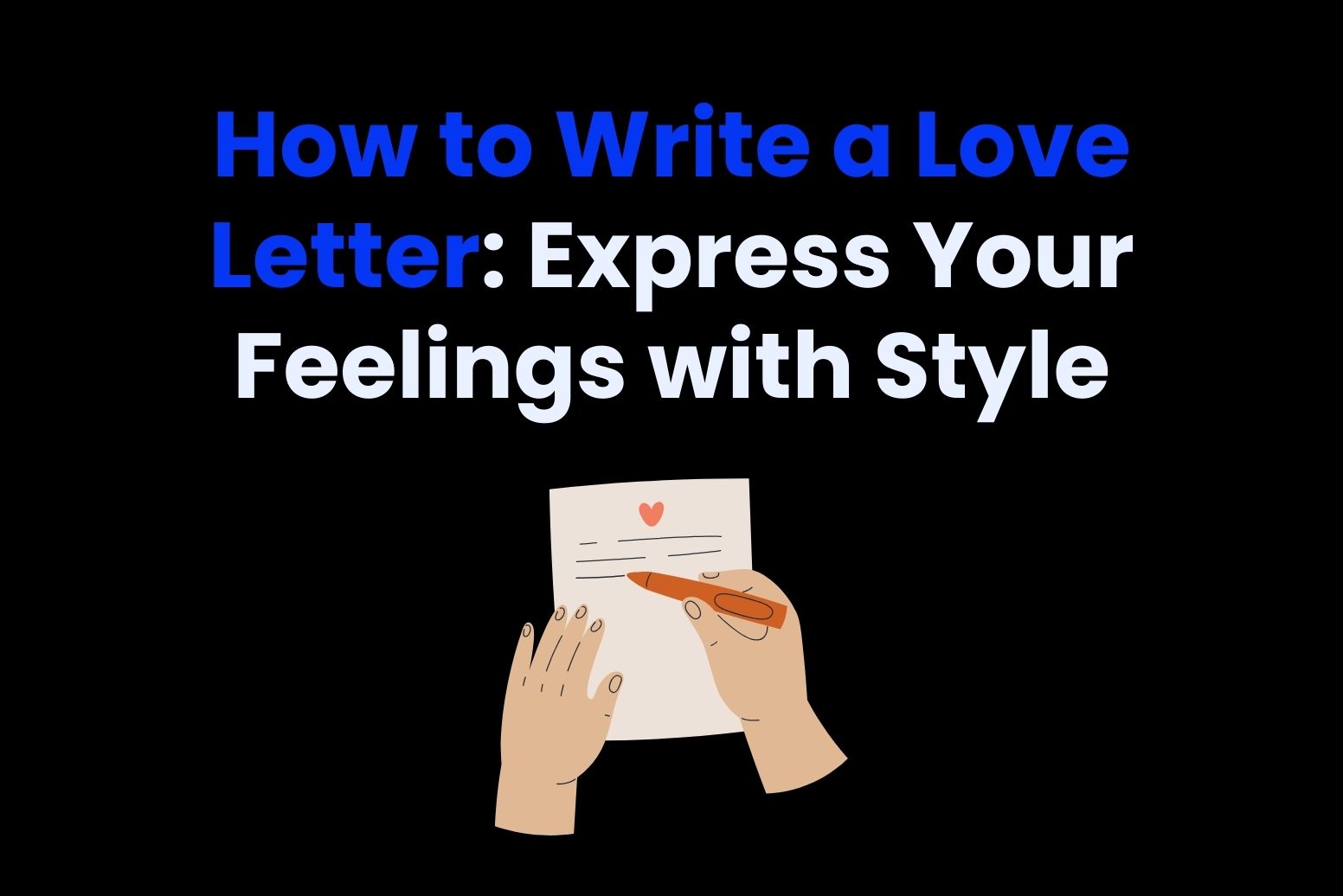
Learning how to become a freelance writer is your first step towards writing for a living.
I have been a writer for over four years now, and I started just like you – with no experience and little idea of where to begin.
So, to help you gain a foothold in this competitive industry, I reveal the steps that you need to take to become a freelance writer. If you follow these seven steps and have the necessary skills, I’m confident that people will start paying for your words sooner rather than later.
1: Reality check – do you have the necessary skills?
Before getting into how to become a freelance writer, I want to start with a reality check. Do you have the necessary skills to be a professional writer?
This might seem like a blindingly obvious thing to say, but it’s crucial. In my career so far, I’ve worked with dozens of freelancers. Several of them lacked the rudimentary skills to be a writer, evidenced by the poor quality of their output.
To be a successful freelance writer, you should really have a college degree. It doesn’t necessarily have to be in English literature, but you need to know how to write correctly. A formal college education provides you with the skills required to write correctly, as you need to master grammar, referencing, spelling, and other key aspects of the art.
I have a BA in English and a Master’s degree, and I look back on my time at university as the perfect foundation for my writing career. Though I’m far from a perfect writer, my university experiences taught me how (and how not to) write. I feel like this was a crucial start, and without it, I’m unsure if I’d have the required skill set to write for a living.
Yes, there are many examples of famous authors who never graduated college, including the legendary Mark Twain and Charles Dickens, so there are exceptions. But in the modern day, I feel that a college education is the perfect first step on your journey to becoming a proficient and successful freelance writer.
2: Exploring your niche – what do you want to write?
Learning how to become a freelance writer requires you to think about what you want to write. Among freelance writers, this is known as finding your “niche.”
While some people are too narrow at the start of their journeys, deciding on your niche early can be a helpful way of appealing to the most appropriate clients. For instance, just some of the niche areas you might like to explore as a budding freelance writer include:
Creative writing
Perhaps you’re a talented and creative writer with a penchant for short stories, poetry, or fiction. In this case, you may consider self-publishing your own stories as a viable route to success as a writer. Then, you can look at ghostwriting and other forms of creative writing that can earn you a living.
Though I don’t write creatively for a living, I do enjoy writing short stories and poetry in my spare time. I sometimes use Arvin’s chat feature for creative writing prompts and ideas, which can streamline the storyboarding process while staving off writer’s block!
Copywriting
Copywriting is the art of crafting compelling marketing and promotional content for businesses. This niche can be extremely profitable, as your words can make your client lots of money. If you train as a skilled copywriter, you can freelance for big clients looking to enhance their social media, blog, and website content to attract new customers.
Blog or content writing (B2B & B2C)
Another viable option for your writing niche is to be a content writer, sometimes known as a blog writer. This is someone who specializes in writing B2B or B2C copy for blogs, which provide general information to readers.
It’s the niche I focused on early in my career, and it helped me pick up a broad range of clients. This is a research-heavy niche, and you may want to focus on specific aspects of content writing to develop a specialism. For instance:
- Finance & technology
- Blockchain & crypto
- Sports & gaming
- Climate & environment
Journalism
Some people enter the industry with aspirations of writing for the New York Times or the Washington Post. After all, working as a freelance journalist can be extremely rewarding, particularly if you can write impactful pieces about topics you’re passionate about.
Though it’s difficult to get into, freelance article writing for publications is a great niche to crack. It’s helpful to have a journalism or research-focused degree to help you get started.
Academic writing
A less-explored niche of freelance writing is academic writing. This is most suited to people with Master’s degrees and PhDs, as it often requires publishing in academic journals. You might get hired as a researcher and writer by a specific institution or publication, and it can be a great way to pursue specific areas of interest related to your postgraduate studies.
3: Practice – launch a personal blog
After considering your skillset and deciding what to write, the next step is to practice professional writing. The easiest way to do this is to launch a personal blog.
For example, if you’ve decided that you want to write about cryptocurrency for a living, starting a blog about specific coins like ETH, BTC, or LTC would be a good starting point. You can write about a topic that you’re passionate about while honing your writing skills.
There are so many sites available for launching a personal blog, but I recommend WordPress, which is free and easy to use. As your site grows, you can add various features and even look at ways of monetizing your content if you attract a decent monthly readership.
4: Network – Speak to people you already know
One of the main stumbling blocks for aspiring writers is finding people willing to pay you for your work. When you don’t have a portfolio, and you’re new to the world of freelance writing, how do you attract a potential client’s attention?
Well, my first two clients were my brother-in-law and my best friend. My brother-in-law runs a facilities management company, and my best friend owns a renewable energy business.
I approached them both and explained that I was learning how to become a freelance writer. I noticed that they didn’t regularly update their blogs, so I offered to write weekly blog posts for their sites for a reasonable fee. They both agreed and let me get on with it.
So, overnight, I went from zero clients to two paying clients that I could add to my portfolio.
I repeated this trick later in my career with other people within my current network. Though it doesn’t always work, offering to write for people that you already know is a brilliant hack to use at the start of your career as a freelance writer.
After a few weeks or months of writing for them, ask them for testimonials that you can add to your website and portfolio. You will be amazed at how quickly your business can grow just by onboarding clients that you already know.
5: Launch a gig – start looking for clients

The gig economy has exploded in recent years. Research shows that 64 million people in the US, equal to 38% of the American workforce, freelanced in 2023. Globally, the gig economy accounts for approximately 12% of the labor force.
These incredible statistics show just how pronounced the gig economy is. If you’re unfamiliar with the term, it’s the act of launching a “gig,” which you can use to find paying clients. You might be a graphic designer or web developer, but for the purpose of this article, I assume you’re an aspiring freelance writer.
There are several platforms out there that allow you to create a gig to find clients.
Personally, I started out on Fiverr. Though it’s far from perfect and charges 20% per gig, it’s a brilliant starting point and an excellent way to find clients in your niche. You can market yourself and the more positive reviews you get, the more clients you will find.
Another viable option is Upwork, though on this platform, you have to find clients – they don’t come to you.
While you will find lots of articles online in which people complain about such platforms, they’re a vitally important starting point for any prospective freelance writer. Millions of people use them to find workers in the gig economy, so if you’re not on these sites, you might struggle to find work.
6: Maintain a portfolio – show clients what you’re capable of
Congratulations, you now know how to become a freelance writer. I’m not telling you that it’s easy, but if you’ve followed the five steps above, you’re at least on the right track.
In the early days of your career, and when the work starts dripping in, you must create a portfolio. This doesn’t have to be a flashy website that costs thousands of dollars to launch and maintain.
It simply needs to be an online resource that you can share with other potential clients to show them the quality of your work. You can also include testimonials and snippets from publications to show people what you have written in the past.
There are numerous ways to maintain a portfolio, but I recommend one or a combination of the following to get started without spending money on a flashy website:
- Create a LinkedIn profile and write an appropriate bio. Make sure your role states that you’re a freelance writer and mention your niche. You can use Arvin AI to help you write the perfect LinkedIn bio that showcases your skills and experiences.
- Launch a free blog (I use Blogger.com, which is free via Gmail) to showcase some sample writing and to list your contact details. Keep it simple, and don’t waste time on a fancy design.
- Invest in your Fiverr or Upwork profile and ask clients to leave you feedback after successful deliveries. The better your ratings are on these platforms, the more clients will find you.
7: Continue learning – upgrade your skills and use tech to help you
When you start earning money as a freelance writer, guard against complacency. Don’t tell yourself that you’ve made it, and always look for ways to improve.
You can complete free online courses on platforms like Coursera and Future Learn to refine your skills and improve the way you write.
We also advise you to use modern technology like advanced AI to refine your writing. For instance, Arvin’s Article Writer is a super useful tool for all freelance writers, enabling you to generate briefs and even full articles as a source of inspiration.
The bottom line – how to become a freelance writer
You now know how to become a freelance writer. It’s not the easiest world to get into, but it’s not the most difficult, either.
Provided that you have the necessary skills and think about what niche you would like to write in, you can enjoy a successful career as a writer.
I hope the above steps help guide you as you begin your career, and I wish you luck as you start looking for clients.
How to become a freelance writer FAQ
How do I start freelancing as a writer?
To earn money as a freelance writer, I recommend reaching out to people already in your professional network. If someone you know owns a business, ask them if you can write for their blog and charge them a modest fee. This is a great way to onboard your first client and gain professional experience.
Can I make $1,000 per month from freelance writing?
Absolutely. That said, in the early days of your freelance career, you need to set more modest targets. Consider your pricing per blog or per word and go from there. You should look at any earnings positively as you just start out, and you can always increase your rates later in your career.
Can I be a freelance writer with no experience?
You don’t need any experience to start your journey as a freelance writer. However, when you’re new to the industry, price yourself accordingly and look to build a portfolio of work and publish client testimonials on your website. The more experienced you are, the more you can charge.








